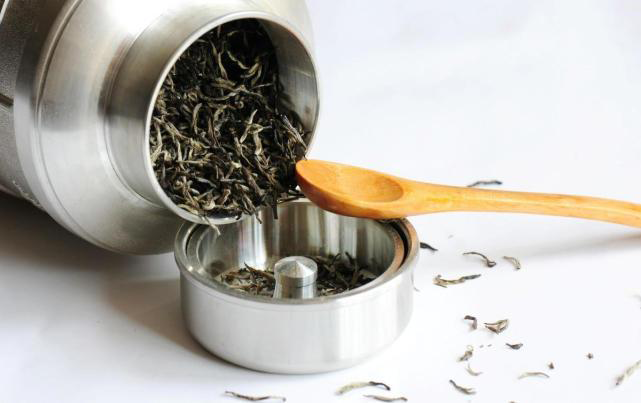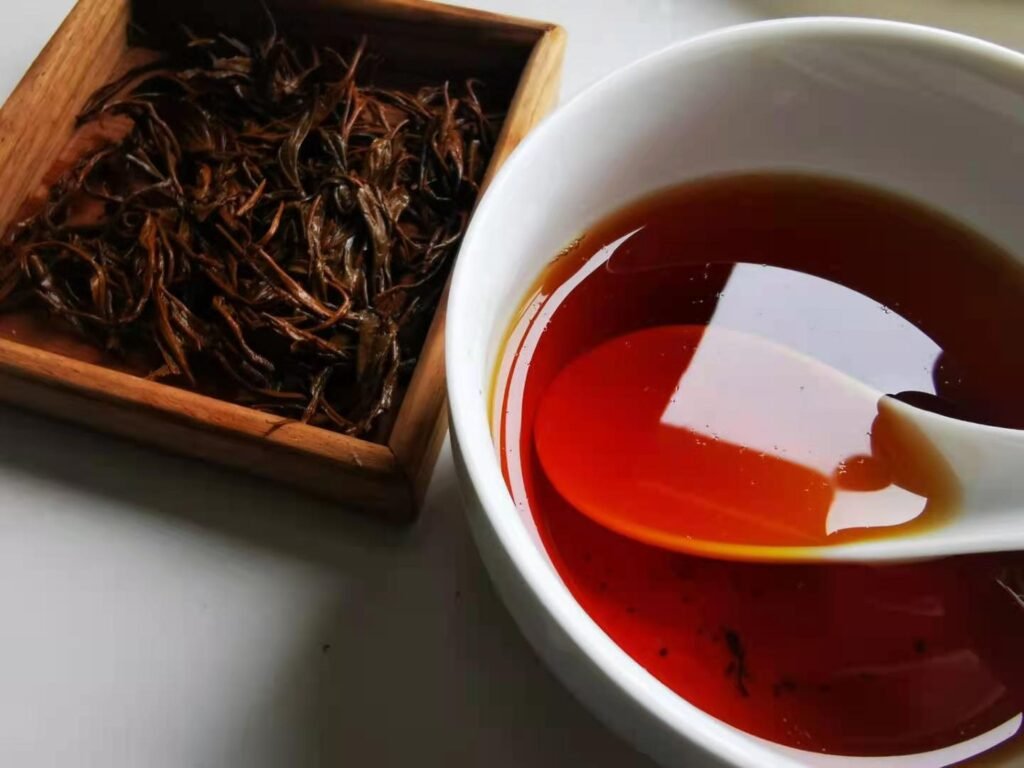Practicing appropriate tea storage and maintenance is pivotal to conserving the freshness of one’s tea leaves. With proper storage, the tea’s aroma and taste will remain of the same quality upon harvesting!
First and foremost, it is necessary to keep tea leaves away from open air. If exposed to air during storage, the tea leaves will continue to oxidize resulting in a different flavor and aroma. It is common for manufacturers to vacuum seal airtight vessels holding loose leaf tea to prevent oxygen exposure during shipping and storage.
Second, it is important to keep tea away from extreme temperatures during storage. When left in the heat, the degradation process of loose leaf tea will speed up as the temperature activates certain molecules within the leaves. If stored in a refrigerator or freezer, it is possible that the leaves will be exposed to moisture causing premature aging. With this being said, it is recommended to store tea leaves in a cool and dry setting. Do not keep tea near heating appliances or in refrigerators.

Third, you must keep loose leaf tea away from light sources. In regards to sunlight, the radiation produced by the sun has the ability to fade teas affecting their flavor and aroma. This is similar to what you see with fabric and photographs that are exposed to direct sunlight over time.
Fourth, it is pertinent that tea is stored away from any strong odors. This is because tea leaves have a high absorption rate, and they will quickly absorb any odors in their surroundings. It is very important to avoid kitchens as they usually contain a high number of herbs and spices, and keep tea leaves out of musty basements or any dusty areas. Additionally, wooden containers are infamously known for damaging the aroma of tea leaves, so be sure to avoid these types of storage options.
Fifth, avoid all contact with moisture unless ready to brew. Typically, once a tea leaf has gotten wet, you have around three hours to use that tea before it goes bad. If it is constantly exposed to moisture, the tea’s degradation will drastically increase, and the leaves can even develop certain types of mold.

Above, we have listed the five crucial tea storage and maintenance rules, but here are a couple more tips to keep in mind while storing tea leaves. These include the important fact that less oxidized teas will degrade at a faster rate than teas of a higher oxidation. Also, larger tea leaves, such as silver needle and blooming tea, will degrade at a slower rate than smaller tea leaves.


